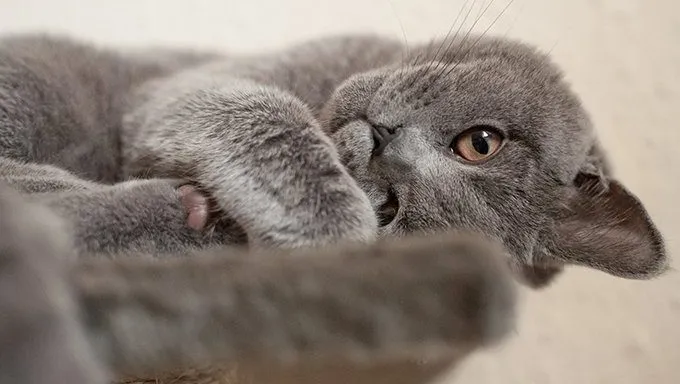Hello, fellow cat lovers and seekers of serenity! Today, we’re embarking on a tranquil quest to explore the world of quiet cat breeds and how to help your furry friend find their inner zen. From naturally calm breeds to expert-backed training tips, we’ve got you covered with insights from veterinarians, government bodies, and a sprinkle of soothing wisdom.
The Quest for a Quiet Companion
Silent Partners
Some cat enthusiasts prefer the soothing company of a quieter feline friend. Naturally calm cat breeds are a purr-fect match for those seeking peace and tranquility in their homes.
Government Guidance
While there’s no official “quiet cat” classification from government bodies, it’s essential to consider your living situation and preferences when choosing a feline companion.
Naturally Quiet Cat Breeds
The Sphinx Whisperers
Sphynx cats, known for their hairless appearance, are typically quiet and laid-back. Their lack of fur means less grooming noise, and their affectionate nature makes them excellent companions.
The British Library
British Shorthair cats are often described as dignified and reserved. They’re content with lounging around and are less likely to engage in rowdy antics.
The Ragdoll Serenades
Ragdoll cats live up to their name by going limp when picked up, making them one of the most tranquil breeds. They tend to be soft-spoken and enjoy cuddling.
Training for Tranquility
Start Early
If you’re looking to train your cat to be quieter, start when they’re kittens. Positive reinforcement for quiet behavior can help establish good habits.
Create a Relaxing Environment
Provide your cat with a peaceful sanctuary where they can unwind. Comfortable resting spots and soothing background sounds can encourage tranquility.
Enrichment Activities
Engage your cat in mental and physical activities to expend excess energy. Puzzle toys and interactive play can help channel their enthusiasm in quieter ways.
Seek Professional Guidance
Consult a Veterinarian
If your cat’s vocalizations suddenly change or become excessively loud, consult your vet to rule out any underlying medical issues that may be causing discomfort.
Consider a Behaviorist
For persistent noise issues, a certified feline behaviorist can provide personalized guidance and techniques to address your cat’s specific needs.
Conclusion
In conclusion, whether you’re drawn to naturally quiet cat breeds or wish to train your chatty companion to be a bit more zen, there are ways to create a peaceful coexistence. Remember that every cat is unique, and patience, understanding, and expert guidance are key. A harmonious home is within reach, where the peaceful purr of your feline friend can be music to your ears. Here’s to tranquility and togetherness with your beloved cat!
- Best Lusha Alternatives for 2025 - April 19, 2025
- Best Overloop Alternatives for 2025 - April 19, 2025
- Best Snov.io Alternatives for 2025 - April 18, 2025



